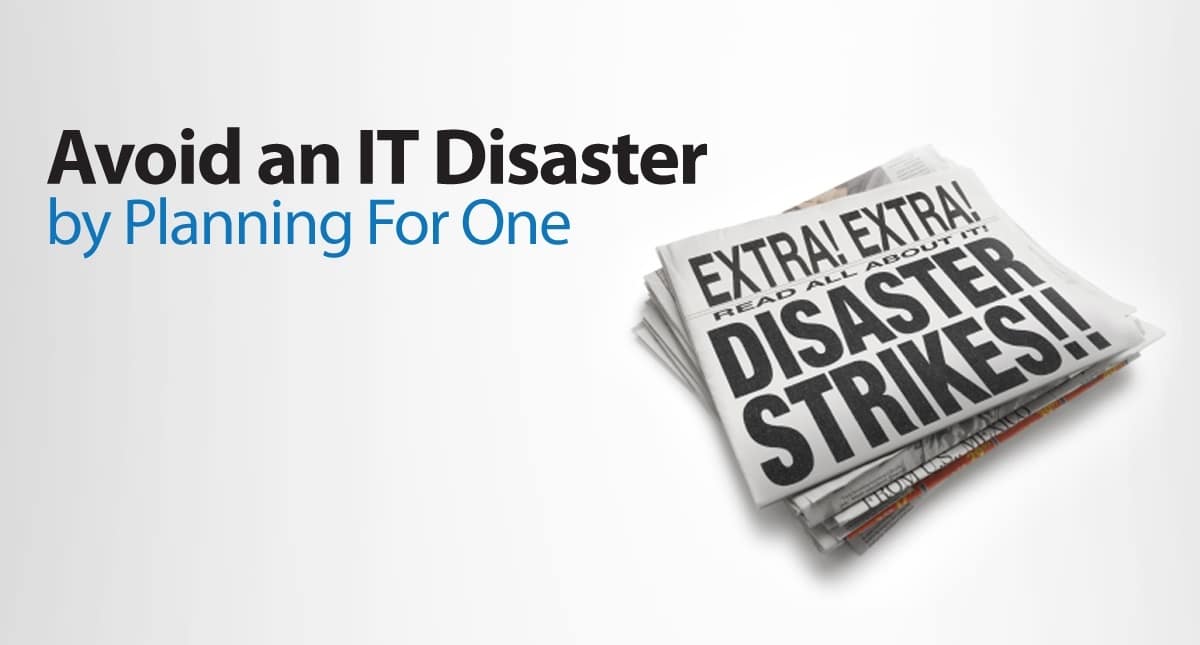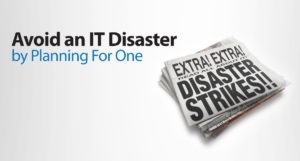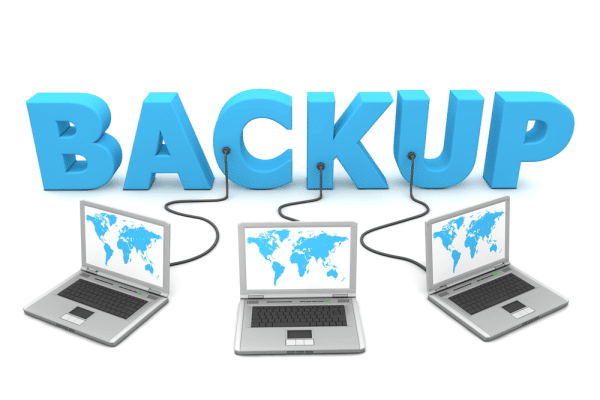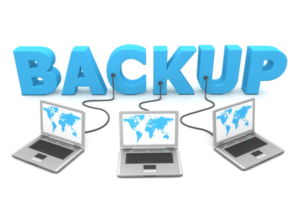40 percent of businesses do not reopen after a disaster, FEMA reports. There are a number of benefits that can be realized by implementing a disaster recovery plan for business data; allow us to share four of them with you today.
1. Peace of mind in an emergency – Sure, emergencies are stressful no matter their nature. Yet having a disaster recovery plan in place, and knowing that data is backed up in a safe place, may help you connect to an inner sense of calm and control in an emergency. Not only can it lower your stress in the moment, but it can help you to be a strong leader and ensure that all employees follow the plan.
2. Prevent data loss – Data backup and data management can prevent data loss. Not only will this help the business return to operations after an emergency, it can prevent minor data loss as well by ensuring that legacy equipment is replaced or that employees are versed in best practices.
3. Save money – Disaster recovery planning ensures that you have invested in the tools, assets, and infrastructure needed to preserve your business data. Emergency data forensics can be quite expensive, as can the unforeseen and total loss of data. In the event that you do experience a business disaster and you need to file an insurance claim, your insurer may ask to see evidence of backups. It can thus be very helpful to have a detailed, timely plan to point to when going through the claims process.
4. Ensure continuity – Elementally, planning for disaster recovery can ensure business continuity. By instilling plans to retain your data, you will ensure that you maintain all client and customer information, work files, and historical documentation. This can help ensure that the return to work goes smoothly.
To talk more about this, or anything else, please contact us. Thanks.







 Nowadays there are several cloud computing companies that can offer you a disaster recovery service provider.
Nowadays there are several cloud computing companies that can offer you a disaster recovery service provider.

